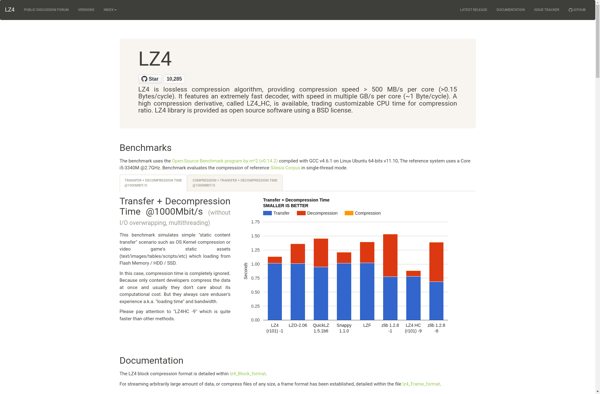PKZIP

PKZIP is a proprietary file archiver and compressor software for Windows, macOS, and Linux
PKZIP uses file compression algorithms like ZIP, RAR, and 7Z to create smaller compressed archives of multiple files and folders to save disk space. It allows grouping, encrypting, splitting and spanning archives across multiple disks.
What is PKZIP?
PKZIP is one of the original and most popular file archiver and compression utilities for Windows, macOS, and Linux operating systems. First released in the 1980s by Phil Katz, PKZIP pioneered many data compression techniques and file archive formats that are still in use today.
PKZIP allows combining multiple files and folders into a single compressed archive file with the .zip file extension. Using different compression algorithms like DEFLATE and BZIP2, PKZIP significantly reduces the original size of documents, multimedia files, program files, and other data for more efficient storage and transfer.
Key features of PKZIP include high compression ratios, optional archive encryption for security, self-extracting archives, splitting large archives across multiple disks, archive authenticity verification, and cross-platform compatibility. It supports common compression formats like ZIP, ZIPX, RAR, 7Z, CAB, LHA, ARJ, and many others.
PKZIP facilitates backup and portability of data archives that can also be secured with 256-bit AES encryption and passwords. Archive contents can be easily viewed, tested, updated, managed and shared by recipients using the PKZIP software with context menu integration to Windows File Explorer and macOS Finder.
PKZIP is regarded as the gold standard in compression and archiving tools for personal and commercial data. Its proprietary formats and algorithms balance compression efficiency with broad compatibility across computing platforms. A lightweight, flexible, and customizable solution suitable for power users and IT professionals alike.
PKZIP Features
Features
- File compression using ZIP, RAR, 7Z algorithms
- Create archives of multiple files/folders
- Save disk space with smaller compressed files
- Encrypt archives for security
- Split large archives across multiple disks
- Extract compressed archives
- Available on Windows, macOS and Linux
Pricing
- One-time Purchase
- Subscription-Based
Pros
Cons
Official Links
Reviews & Ratings
Login to ReviewThe Best PKZIP Alternatives
Top File Management and Compression and other similar apps like PKZIP
Here are some alternatives to PKZIP:
Suggest an alternative ❐WinRAR
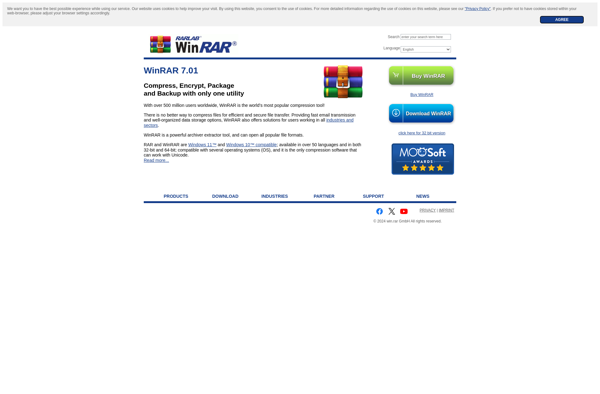
7-Zip
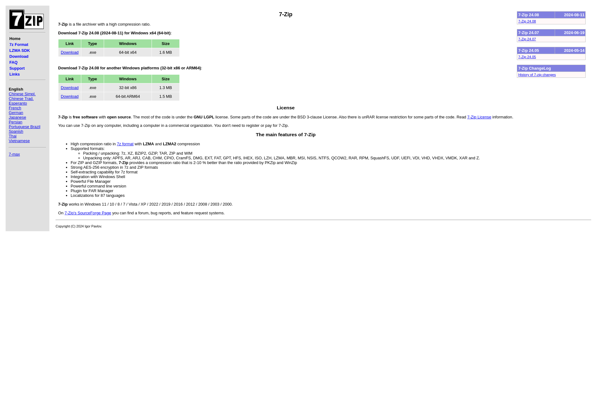
WinZip
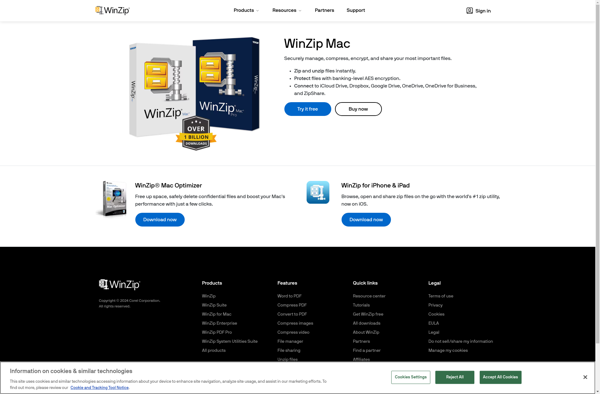
PeaZip
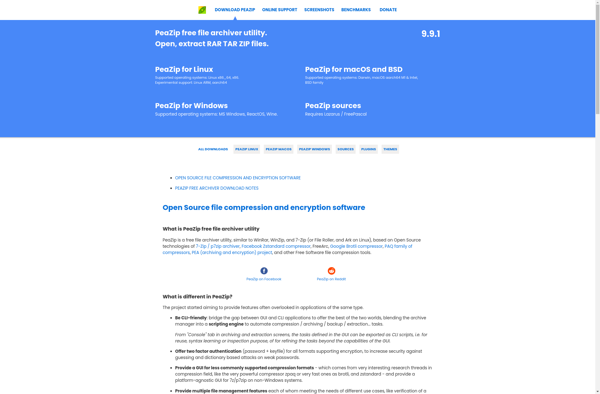
The Unarchiver
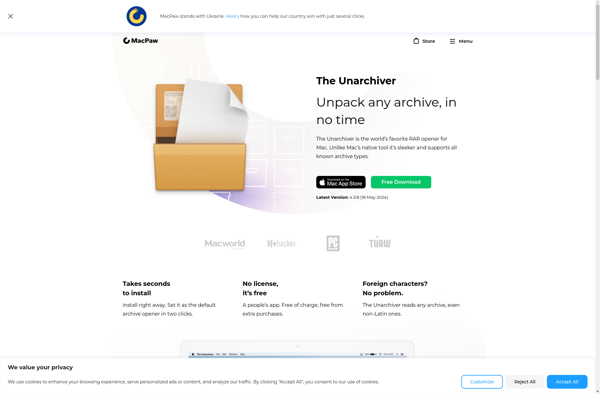
Keka
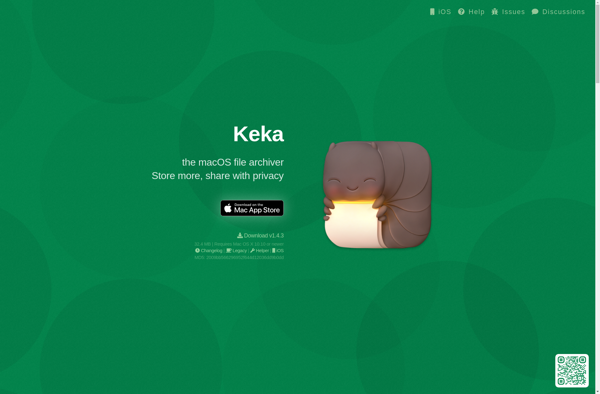
File Roller
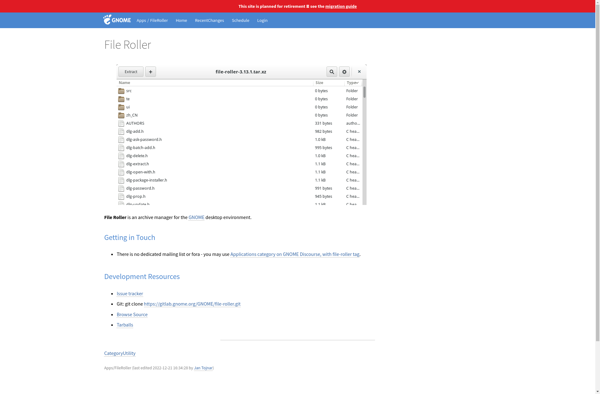
FreeArc
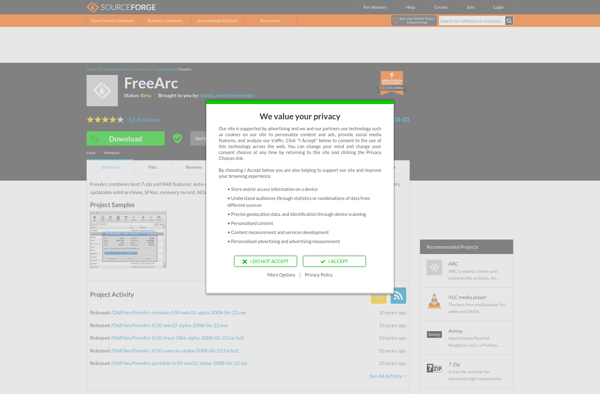
Bandizip

P7zip
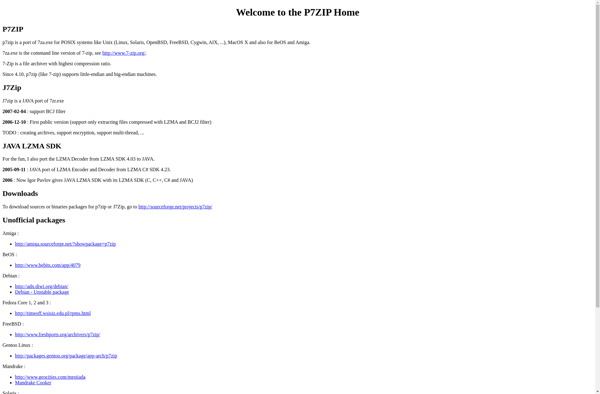
NanaZip
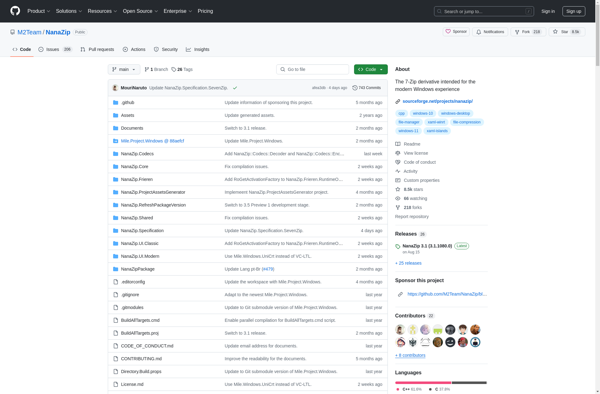
SecureZIP

Easy 7-Zip
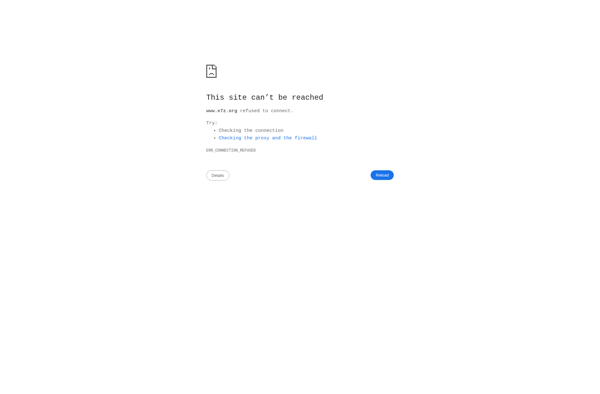
Pigz

Commander One
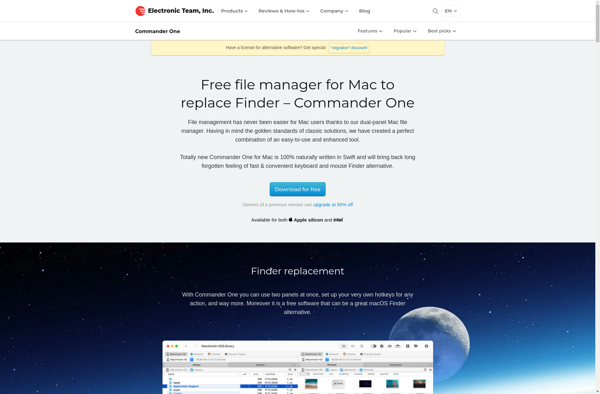
7-ZIP SFX Maker

Unzip Online
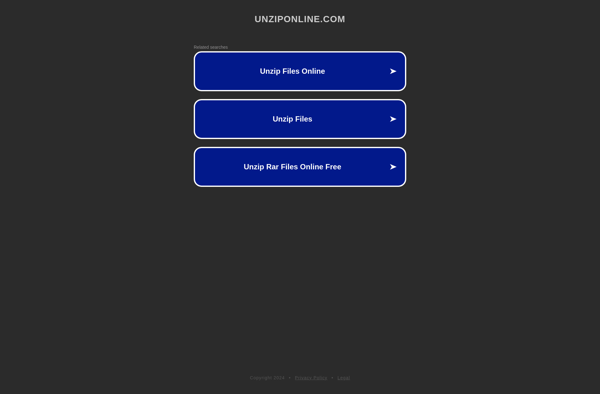
LZ4
